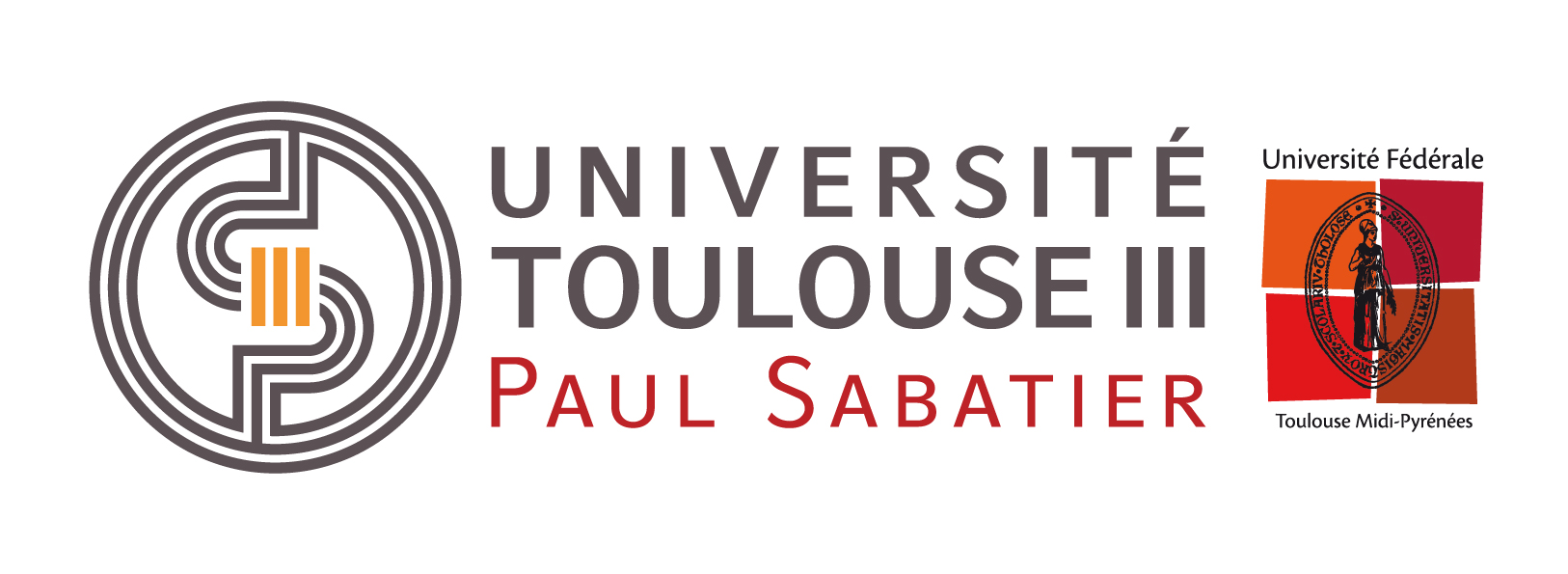equipment
– proteomics
Biacore T200
This technology uses the surface plasmon resonance (SPR) phenomenon to characterise, in real time, the interactions between a molecule immobilised on the surface of a “sensorchip” (ligand molecule) and a molecule in solution (analyte molecule) perfused at a constant flow rate using a microfluidic system.
By monitoring the variation of the SPR signal as a function of time (sensorgram) for several analyte concentrations, it is possible to determine the association and dissociation kinetic constants, and to deduce the value of the affinity constant.
As the name suggests, BIA (Biomolecular Interaction Analysis) technology allows the measurement of dynamic parameters of interactions between (unlabelled) biomolecules such as, for example:
-
- Peptide-protein / protein
- DNA-RNA / proteins
- Sugars / proteins
- Membrane vesicles / ligands
- Liposomes / proteins
- Synthetic molecules / bio-molecules
Classical applications:
-
- Dynamics of interactions: measurement of association constants (ka), dissociation constants (kd), and affinity constants (KD).
- Measurement of molecular concentrations.
- Epitope (antibody) and binding site mapping.
- Multimolecular interaction studies.
Functional proteomics:
-
- Micro-purification of proteins for enzymatic digestion and identification and/or sequencing by mass spectrometry (BIA/MS coupling).
- Screening of orphan receptor ligands.
- Determination of the expression level of proteins of interest under different culture or treatment conditions.

Toulouse Cancer Research Center (Oncopole)
Toulouse - FR
Contact us
+33 5 82 74 15 75
Want to join
the CRCT team ?




